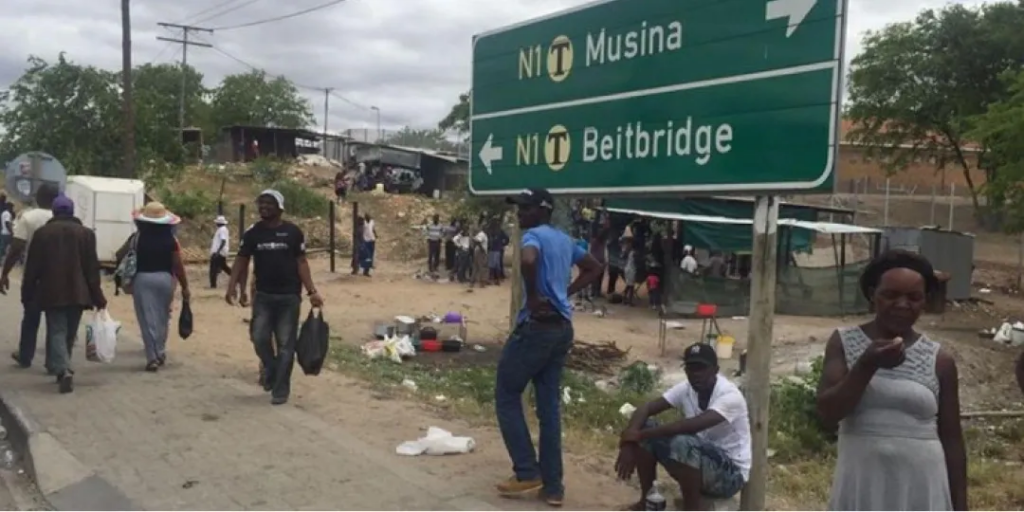
Trade and transport in South Africa show every sign of buckling under the pressure of crime, corruption, government incompetence and a power grid on the verge of collapse, resulting in a loss-making story benefiting competing corridors through better-run borders.
While the Beitbridge crossing on the Port of Durban’s north-side line into the Copperbelt has yet again reverted to type – backlogging because of bumbling officials – trade through the ports of Beira, Dar es Salaam and Walvis Bay is on the increase.
On the Beira Corridor through Zimbabwe to the mines in Zambia and the Democratic Republic of the Congo, trade has increased by 63% according to the latest volume statistics, says Mike Fitzmaurice, Chief Executive of the Federation of East and Southern African Road Transport Associations (Fesarta).
Dar es Salaam was also fast catching up, he said, with trade stats into the Copperbelt healthily curving upwards at 25%.
Whereas more than 530 trucks used to pass through the Nakonde border between Tanzania and Zambia every day, about 750 trucks now pass through the Dar Corridor every 24 hours.
Walvis Bay, the furthest competing port by way of distance, had seen an increase of 20% on its corridor through the Caprivi towards Ndola and beyond, said Fitzmaurice.
In comparison, Beitbridge on the South African side has run into serious snags because of load shedding, causing a queue of trucks some five kilometres north of the border as throughput slowed to a trickle when not grinding to a complete halt.
That it took so long for officials to wake up to the urgency of providing enough diesel for generators while power utility Eskom ramped-up load shedding to stage 6, was a sure sign that an important border was run by the wrong people, said Fitzmaurice.
Referring to an article this week about a carrier with horses getting stuck at the border (*) because they were initially not allowed to leapfrog ahead of the queue, he lamented how it seemed to expose officials for lacking the ability to think critically and not acting without delay.
“How can you allow animals to sit in a queue like that? It shows how useless public sector personnel can be at times of crisis. I mean how is it that you don’t have enough diesel to keep your generators running when the lights go off for four hours at a time?”
Thankfully, intervention by Fesarta through Zimbabwean border concessionaire, Zimborders, came to the aid of the equine cargo, helping the horses to bypass the queue.
Fitzmaurice said it was sad that the bumbling at Beitbridge was a metaphor for the malaise driving transport and trade in South Africa to its knees.
“The current situation in this country has become untenable for the transport sector. They’re just beginning to recover from the punishing restrictions they had to endure under Covid-19. Now they’re yet again saddled with the issue of borders like Beitbridge not running as it should.”
Rampant hijacking and cargo theft, spiking diesel prices, border officials more adept at charging bribes than actually doing their work, and periods of extreme power outages where digital systems completely shut down as antiquated back-up power utilities give up the ghost, mean the clock is ticking for transporters.
“More and more it’s becoming impossible for transport companies to operate efficiently and profitably in this country,” Fitzmaurice said.
Source 23 Sep 2022 – by Eugene Goddard



